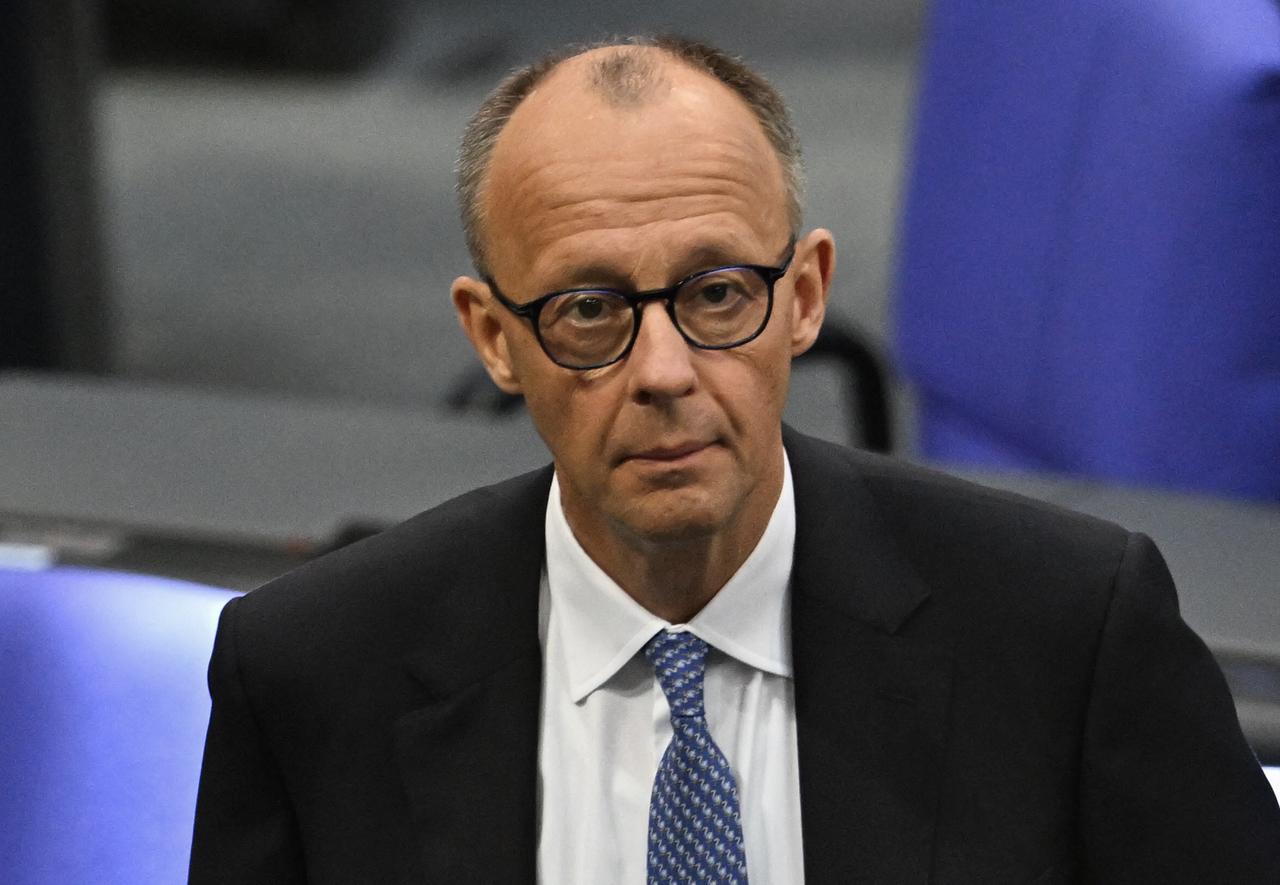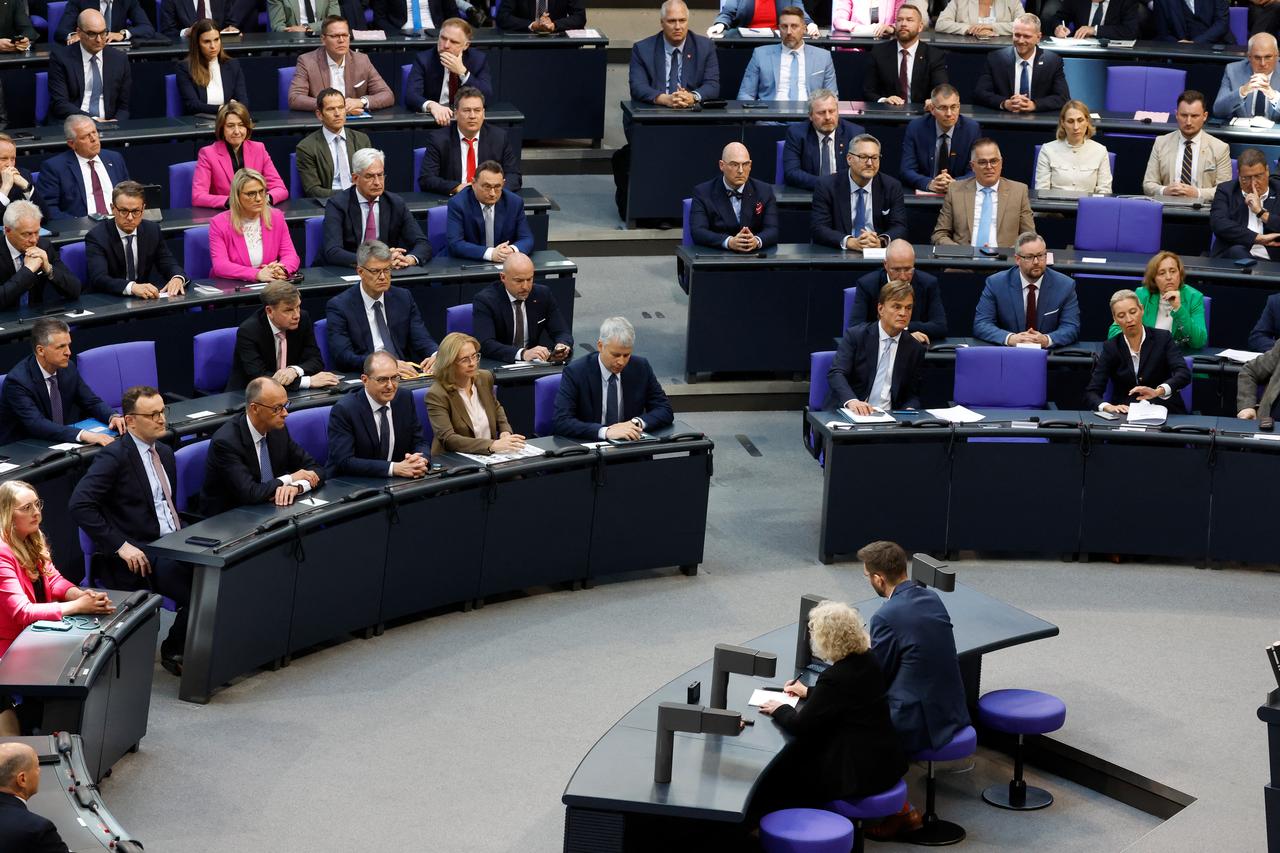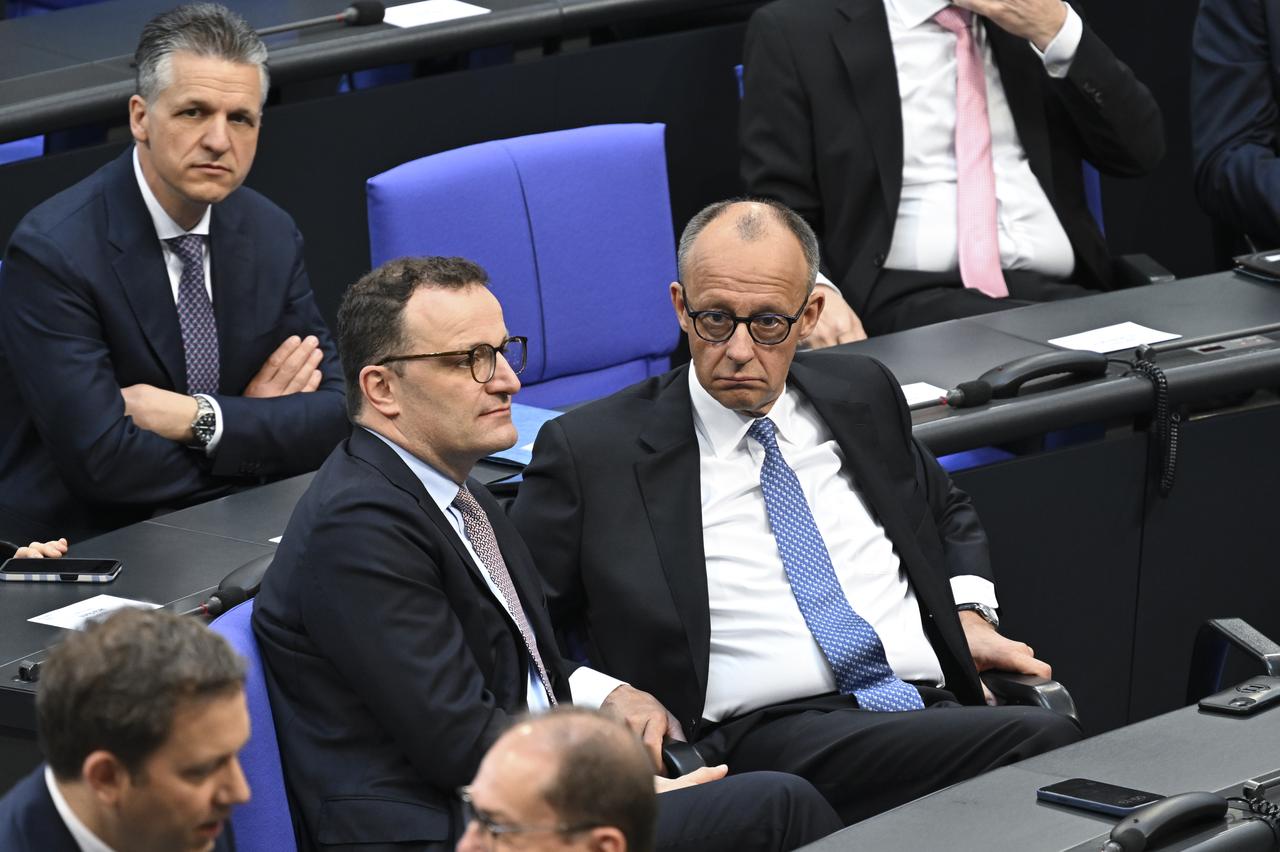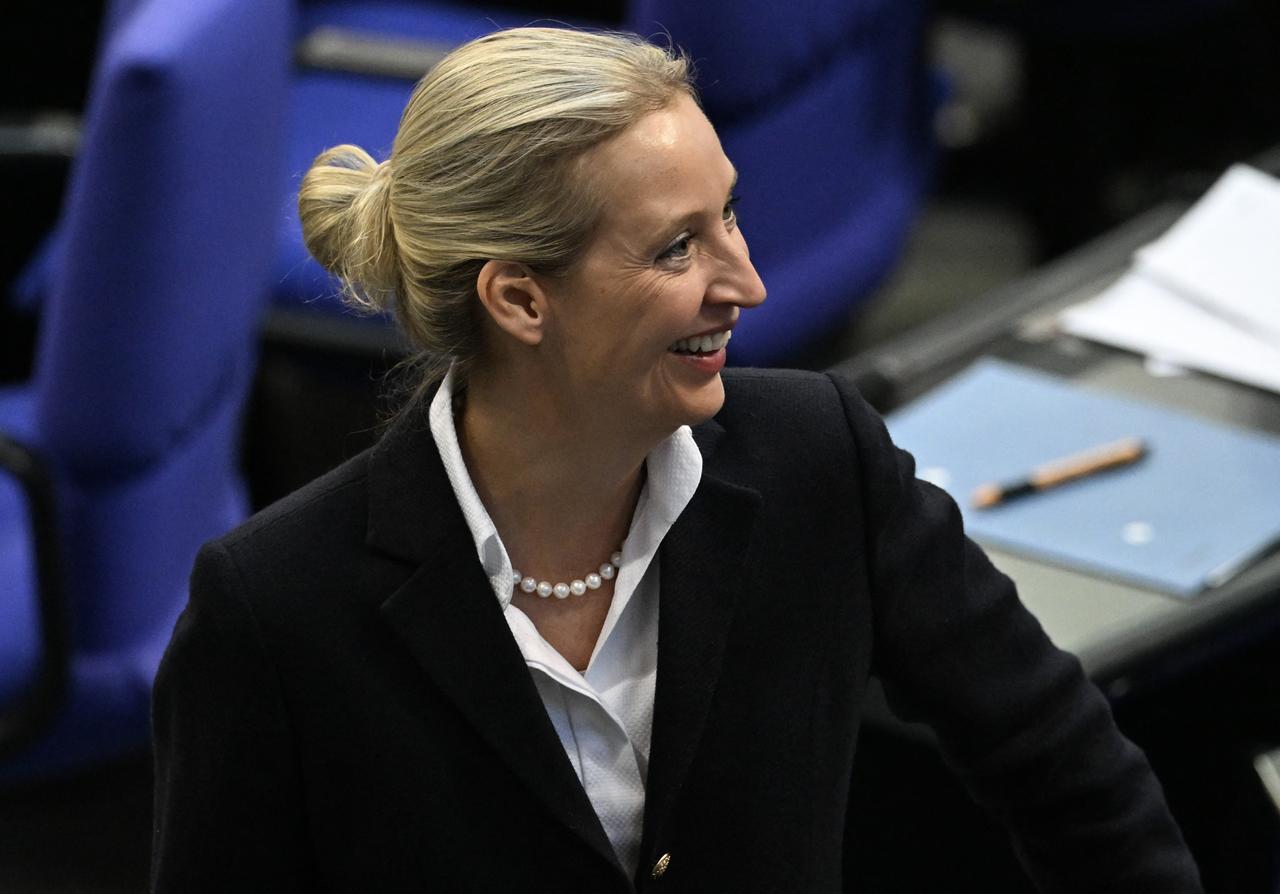
Friedrich Merz, leader of Germany’s Christian Democratic Union (CDU), failed to secure enough votes in the first round of voting to become the country’s next chancellor.
The vote, held in the German Federal Parliament (Bundestag), saw Merz receive 310 votes out of 621 cast, falling short of the 316 votes needed for a majority. The results mark a historic setback for Merz and highlight growing political divisions within the coalition.

In a secret ballot overseen by Bundestag President Julia Klöckner, Merz garnered 310 votes, while 307 members voted against him, and 3 abstained. One vote was declared invalid. Following the announcement of the results, Klöckner adjourned the session, and the Federal Parliament must now schedule a second round of voting within the next 14 days as outlined by the German Constitution.
This is the first time in German history that a chancellor candidate has failed to secure enough votes in the initial round following a general election and successful coalition negotiations.
CDU/CSU and SPD (Social Democratic Party) leaders quickly voiced their intention to re-nominate Merz in the second round of voting. Jens Spahn, leader of the CDU/CSU parliamentary group, confirmed that both his party and the SPD would support Merz’s candidacy in the next round.
"We have agreed with the SPD to re-nominate Merz. The date for the second round vote is still to be determined, but it could happen within a few days or after further discussions with other parliamentary groups," Spahn said.
The CDU/CSU coalition, along with the SPD, holds a combined total of 328 seats in the Bundestag. Despite this majority, Merz was unable to secure the necessary votes, revealing internal divisions within the coalition.
The CDU/CSU coalition had expected a smooth transition to the chancellorship after winning the February general election with 28.5% of the vote, but the failure to secure the position in the first round adds to the growing political instability in Germany.

This first-round setback has prolonged the period of political uncertainty in Germany, which has been in a state of flux since the collapse of Chancellor Olaf Scholz’s coalition government.
The situation has left Scholz’s administration in a caretaker role until a new government can be formed. Analysts suggest that the delay in electing a chancellor may impact the country’s ability to address critical issues such as its economic recovery and military reinvestment plans.
Franziska Palmas, an analyst at Capital Economics, noted, "Merz’s setback will likely not prevent him from becoming chancellor eventually, but it weakens his position and raises doubts about the government’s stability moving forward."

The far-right Alternative for Germany (AfD), the largest opposition party, welcomed the outcome of the vote. AfD co-leader Alice Weidel called for Merz to step aside and for new general elections to be held, labeling the result a "good day for Germany."
The far-left opposition party Die Linke also expressed dissatisfaction with the situation, with Bodo Ramelow criticizing Merz and SPD leader Lars Klingbeil for allowing such an outcome. Ramelow stated, "It is frustrating that they allowed this situation to unfold."

Under Germany’s constitution, the second round of voting will take place within 14 days. If Merz fails to secure enough votes in the second round, a third round will be held, where a simple majority will suffice for his election.
Analysts predict that despite this initial setback, Merz will likely still be elected as chancellor. Holger Schmieding of Berenberg Bank stated, "Merz will most likely still be elected as chancellor in the end, but this failure in the first round is a bad start for him. It shows that he cannot fully rely on his coalition parties."